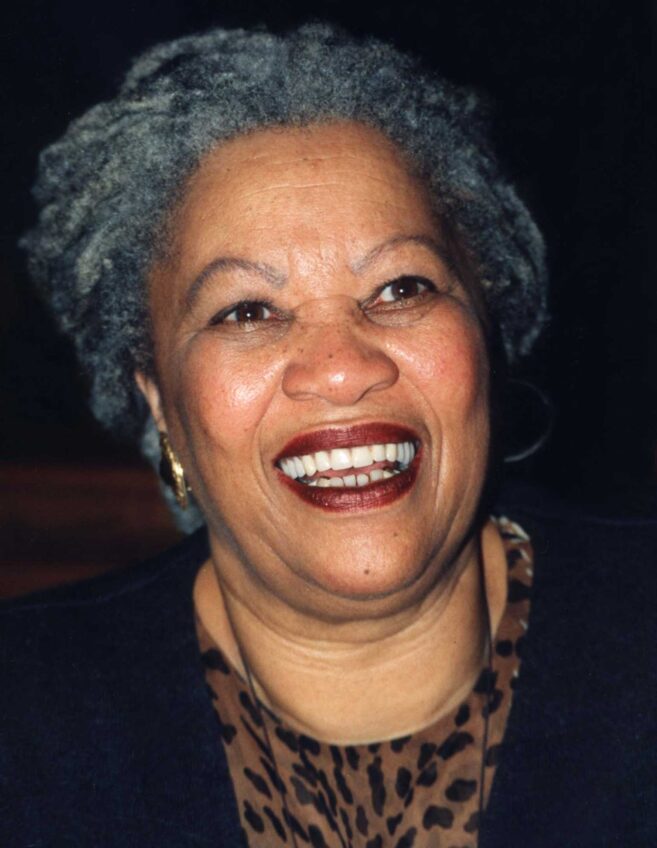Public education in America stands at a crossroads.
Across the country, schools face political attacks, funding threats, and efforts to roll back diversity, equity and inclusion initiatives that have barely begun to correct the harm from centuries of racial discrimination.
At the same time, our classrooms are more diverse than ever. Students of color now make up the majority of public school enrollment, yet the system around them remains largely unchanged: Just 7% of U.S. teachers identify as Black, despite Black students making up over 15% of the K-12 population.
This lack of representation has real consequences for all students. Studies show that Black boys who have at least one Black teacher are up to 39% more likely to graduate, score higher on standardized math and reading tests, and have better attendance, self-esteem and grades. Black educators do more than teach lessons; they bring perspective, mentorship skills, and cultural relevance that enriches every student’s classroom experience. An inclusive public education experience is a responsibility that belongs to all of us, from school district leaders to students themselves, and we play a role in preserving it. Here are five actions key stakeholders can take right now.
Prioritize representative leadership
Although students of color comprise more than 50% of public school enrollment, only 14% of local school board members identify as people of color. This gap is not just a demographic mismatch; it is a form of disenfranchisement. School boards make critical decisions about curriculum, staffing, resources and policies that shape every aspect of a child’s education.
Equitable leadership is essential to building a school system where every child matters. Research shows that students taught by Black teachers report significantly higher feelings of belonging, and schools with more Black teachers see 20% to 30% fewer disciplinary infractions among students.
Administrators must build cultures of belonging
School administrators, from superintendents to principals, set the tone for the entire learning environment. Their commitment to inclusion must be visible and consistent. This means recruiting and retaining diverse educators, offering quality professional development, mentorship opportunities, and providing tools and resources that will help educators create a culture of understanding in classrooms.
At the Center for Black Educator Development, we were dismayed by the number of school and district leaders who reached out for help with the recruitment of diverse candidates but sheepishly admitted they didn’t have a plan to make sure they stayed. So we designed a toolkit to help.
Let teachers teach truth and foster connection
Educators shape how students see themselves and the world around them. Staff must commit to teaching accurate, honest history, even when the truths are uncomfortable.
In today’s politically charged climate, this can look like reinforcing values such as fairness, respect, self-worth, and understanding in how they approach the curriculum, making sure every child in their care has safe spaces to learn, engage and grow. When students trust their teachers, they are more likely to engage in learning, express themselves authentically and process complex social realities in healthy ways.
Families must organize and advocate
Families are powerful advocates whose voices matter — at school board meetings, with teachers, through community organizing. For example, a coalition of parents in Texas organized town halls and media campaigns to fight the removal of Black and Latino history from school curricula, and they ultimately influenced district-level curriculum decisions. When families work together, they build collective power, hold systems accountable, and drive meaningful change.
Empower students to speak up and lead
Children of color are the majority of students in K–12 public education; that percentage will continue to grow. Therefore, children of color deserve to see themselves reflected in the curriculum, the administration, and leadership within their schools. They also deserve to have the tools and encouragement they need to advocate for themselves. When students at Central High School in St. Paul, for example, organized a campaign to diversify their school’s curriculum and bring in more teachers of color, they strengthened the system for everyone. Adults must be ready to listen and act.
Furthermore, young people must see education not only as a space where their voices matter but also begin to see teaching as a potential career. Decades ago, education was one of the leading careers for Black people. Today, too many young people avoid it because of systemic issues that prevent them from seeing it as a viable option. But we need them. And that pathway begins with feeling seen and supported as students.
Public education is the bedrock of a thriving democracy. When we invest in schools that are equitable, inclusive and affirming, we invest in a future that lifts up all communities. The fight for public education is a fight for belonging and opportunity. To protect it, each of us must take a stand. Whether you are a district leader, a principal, a teacher, a parent, or a student, your role is vital. Our children are depending on us to show up and to act.
Sharif El-Mekki is the founder and CEO of the Center for Black Educator Development and the former principal of Mastery Charter School – Shoemaker Campus, a neighborhood turnaround charter school in West Philadelphia that serves almost 800 students in grades 7-12. El-Mekki founded the Fellowship – Black Male Educators for Social Justice. He is one of the members of the 8 Black Hands podcast, blogs at Philly’s 7th Ward, and is a featured voice at Education Post.






